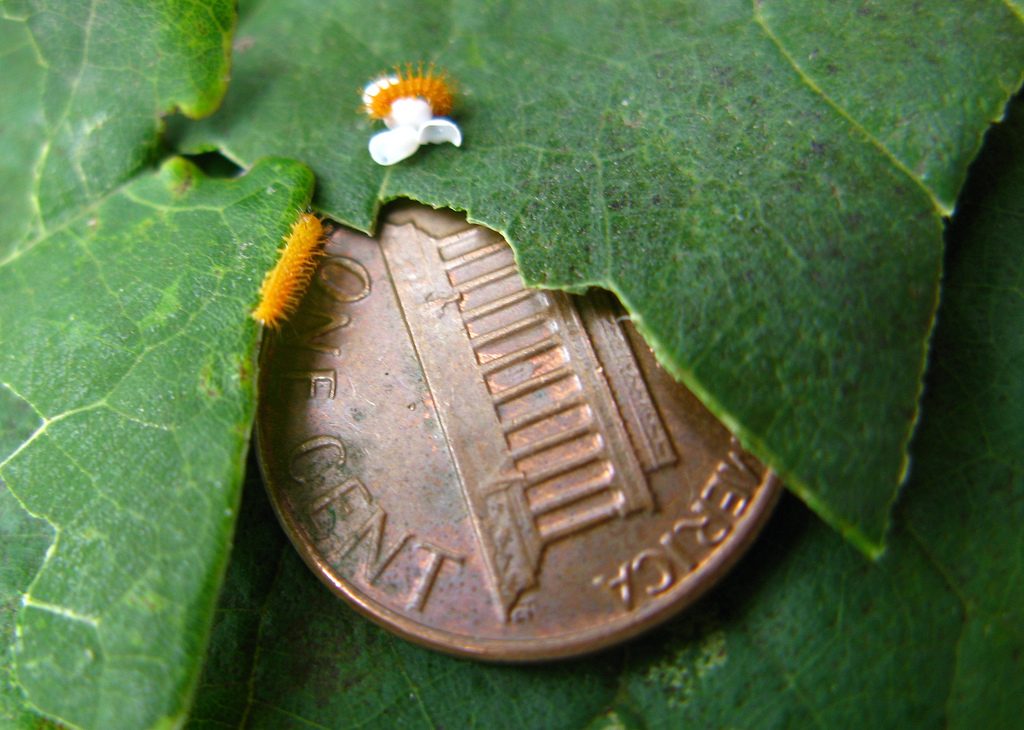Significant gap in biodiversity funding in Ireland

February 20th, 2019
There is a significant funding gap in Ireland for tackling biodiversity decline despite the growing extinction crisis we are currently facing, the National Biodiversity Conference heard this morning.
Speaking at the sold-out conference in Dublin Castle this morning, UCD researcher Rachel Morrison said that we are “not really seeing investment” in our natural environment or in our natural capital in Ireland.
Ms Morrison said that the agricultural sector is “dominant” in terms of where total spending on biodiversity is going, with very little spending on the restoration of the environment in general.
Pointing to a UCD review of national biodiversity expenditure carried out last year, Ms Morrison said that direct spending on biodiversity from 2010 to 2015 amounted to €1.49 billion or 0.31 per cent of government expenditure.
The International Union for Conservation of Nature for OECD countries to contribute at least 0.3 per cent of their GDP for biodiversity conservation. Ireland currently spends .13 per cent of GDP in this area.
The National Parks and Wildlife Service (NPWS), in particular, has seen a “continuous year-on-year reduction” in its budget that has left it “in a critical state”, the review found.
The total NPWS budget for 2017 was €11 million. By way of comparison, the Greyhound Racing Bord received €16 million of public money in 2017 while Horse Racing Ireland received €64 million.
Last year, the Green Party called for a €50 million investment in the National Park and Wildlife Service (NPWS) service in Budget 2019 to expand National Parks and protect biodiversity. Labour also wanted to see a 20 per cent increase in NPWS funding.

Bioeconomy Photo: OakleyOriginals
Global spending gap
Dr Craig Bullock told the conference that there is a global spending gap of $250 billion per year for what is needed to effectively protect biodiversity.
Currently, between $30bn and $52bn per year is estimated to go toward biodiversity protection when we actually need between $290bn and $385bn per year to sustain biodiversity and functioning ecosystems, Dr Bullock said.
The UCD researcher said that it is possible to hit this target as the global climate fund was over $360bn in 2014. The issue, he said, is that “more subtle” biodiversity loss does not get the same attention as climate change even though the “silent killer” is as damaging as global warming.
The head of the NPWS Dr Ciaran O’Keefe earlier said that people struggle to recognise the problem as there is rarely a “jenga tower” moment “where life begins to collapse”.
Biodiversity decline is a more “insidious loss” of species and habitats over a longer period of time “that we might not spot” right away, he said. Over 90 per cent of 58 listed habitats in Ireland have an ‘inadequate’ or ‘bad’ status and just over half of the 61 European protected species in Ireland have a ‘favourable’ conservation status.
Speaking at a conference in DCU earlier this month, Dr Hans Bruyninckx, the executive director of the European Environment Agency, said that we need a “Paris [Agreement] moment” for biodiversity at an upcoming meeting on the Convention on Biological Diversity in China in 2020.
Dr Bruyninckx said that EU states need to kick on in this area, with the bloc’s deadline to halt biodiversity loss moving from 2001 to 2010 and then again to 2020 due to a lack of progress.
[x_author title=”About the Author”]







